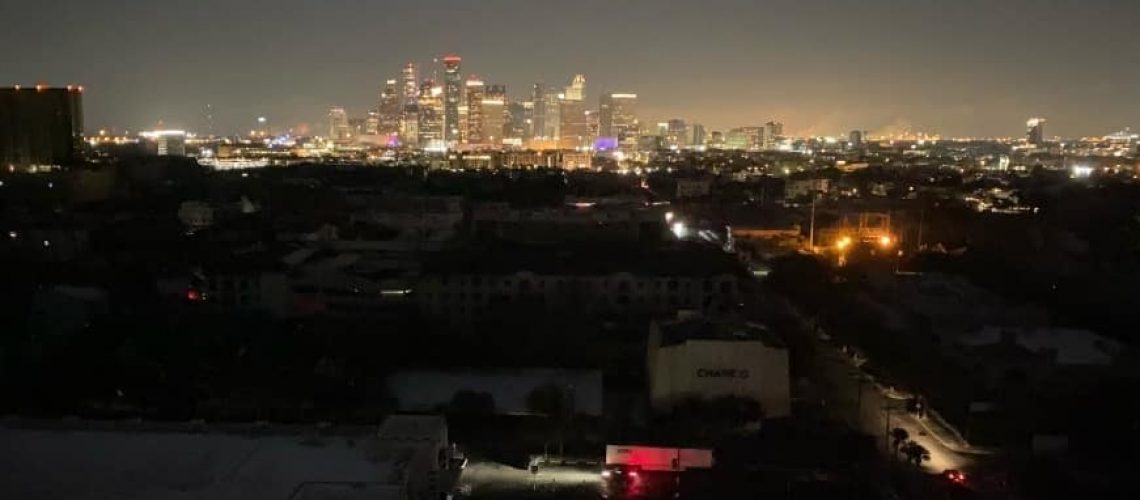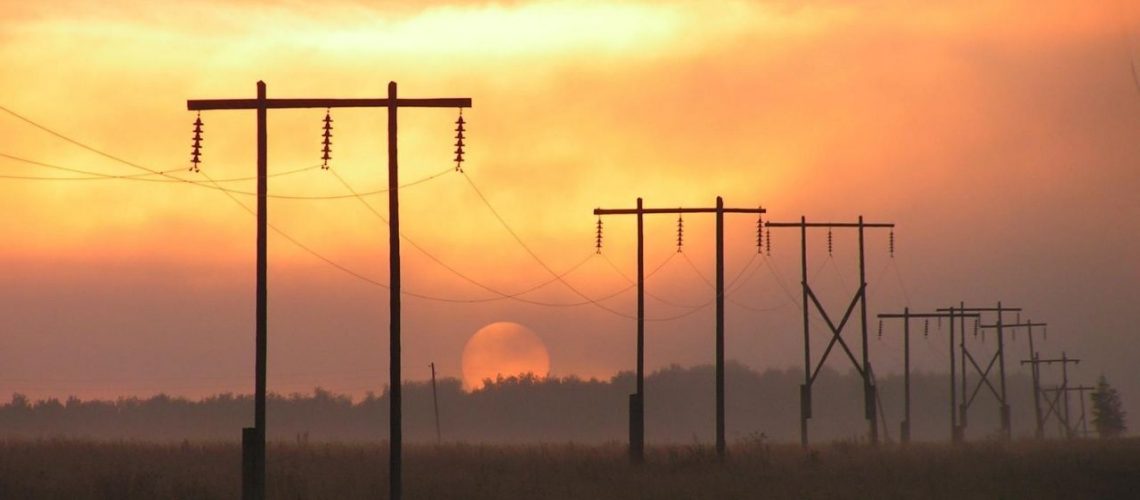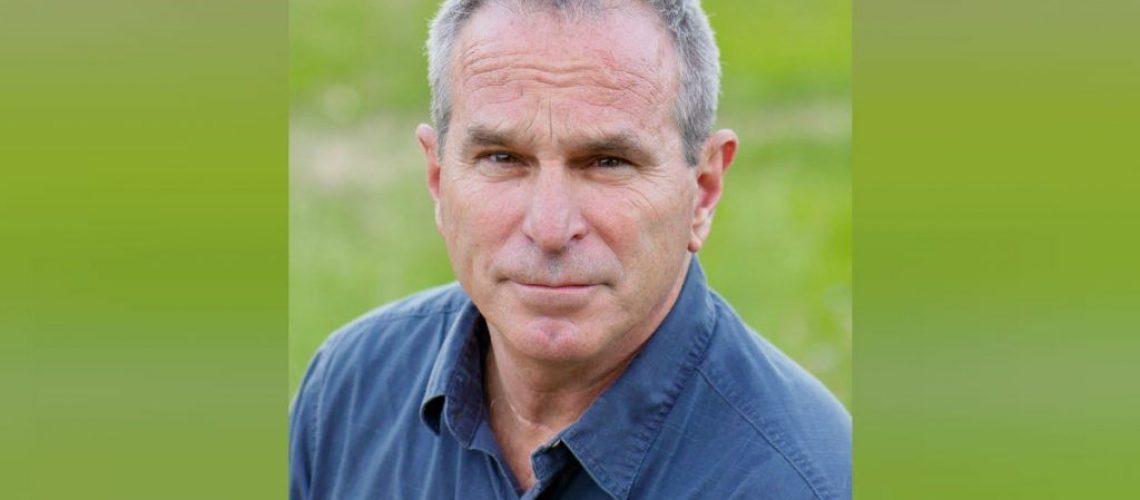It's been a long few days for the Lone Star state of Texas. If you look at the image above it's of Houston's skyline nice and bright while the city sleeps, powerless.
A few days ago preparations began for an arctic freeze that moved into the area over the weekend. It's been since 1989 since we've seen temperatures dip into "hard freeze" mode for days. At present nearly 4 million are without power and want answers. This morning I took to Facebook to explain the consequences of our changing climate.
Understanding the Texas power market
To get to answers you have to understand how power works.
Power generation comes from multiple forms: both fossil energy and renewable in Texas. Generators like Calpine Energy Corporation are companies that generate electricity and sell it into a wholesale market, and retail energy suppliers (example Spark, Reliant, for a list of retailers you can visit Power2Choose) purchase this electricity to sell it to customers like you and me. In the Texas market we have a choice who provides your power, whereas in regulated markets you don’t choose.
Transmission companies own and operate the transmission grid. They are called TDSPs — you know them as Centerpoint, ONCOR, AEP, CPS others. They are the ones who maintain the transmission or "wires", lines and infrastructure.
This whole universe is managed by an independent system operator (ISO) which in this case is ERCOT. The buck stops with them. They are a state non profit 501c4 governed by the Public Utilities Commission. They manage the flow of electric power to more than 26 million Texans -- representing about 90 percent of the state’s electric load. ERCOT schedules power on our grid that connects more than 46,500 miles of transmission lines and 680+ generation units. It’s a massive operation. So when the decisions are made, you cannot blame the mayor, the governor, your local city council. ERCOT controls and manages who has power, and who doesn't.
Plain and simple, no one was prepared.
It comes down to some basics.
ERCOT wasn’t prepared for the load. Temperatures dipped lower for longer than usual and this once in a "lifetime" event is unusual. None of the generation assets were prepared for the weather we received. Unfortunately, extreme weather is a new normal to states like Texas and California, so we need to get to used to it for reasons we are all aware of now: the ever presence of climate change.
There wasn’t enough supply to meet the demand. That’s why we saw prices spike to $9,000 USD per megawatt hour. It’s why we heard of rolling blackouts which really just became long term blackouts.
Consumers were not prepared.
Texas homes aren’t up for the challenges of weather extremes. Our expectations are high of others and too low of ourselves. Our consumption patterns need to change. Our infrastructure in this country — electric, roads, dams, bridges and homes — is all fragile and needs investment. If we let standards continue to fall, we'll continue to see more of what we’ve had the last three days.
Isn't this about fossil versus green energy? No.
This has nothing to do with one form of energy versus another. All generation assets were tapped and we need to continue to push for a balance of supply sources. This shouldn't be a debate over which kind of energy: natural gas, nuclear, oil, wind, solar, hydro, etc. The debate is the war we're at with greenhouse gas emissions. Our ever changing climate is creating extreme weather patterns and we need a mix of sources to supply heat in the winter and cooling in the summer. These will likely continue to occur and we need to do more to prepare for them by consuming less, conserving, doing more with the assets we build and weatherize our homes and energy assets.
It's going to take more than just reliable infrastructure.
Reliability in the grid is just one element to this puzzle piece. The fact is we need stable infrastructure, weatherization of assets, massive investment and serious behavior change. One of these factors isn't enough alone. We have to make them all work in tandem.
So my question is when it happens again — because it will — what will you do to be ready?
ALLY Energy is deeply committed to energy literacy and developing the energy workforce of the future. Learn more about our work here.




